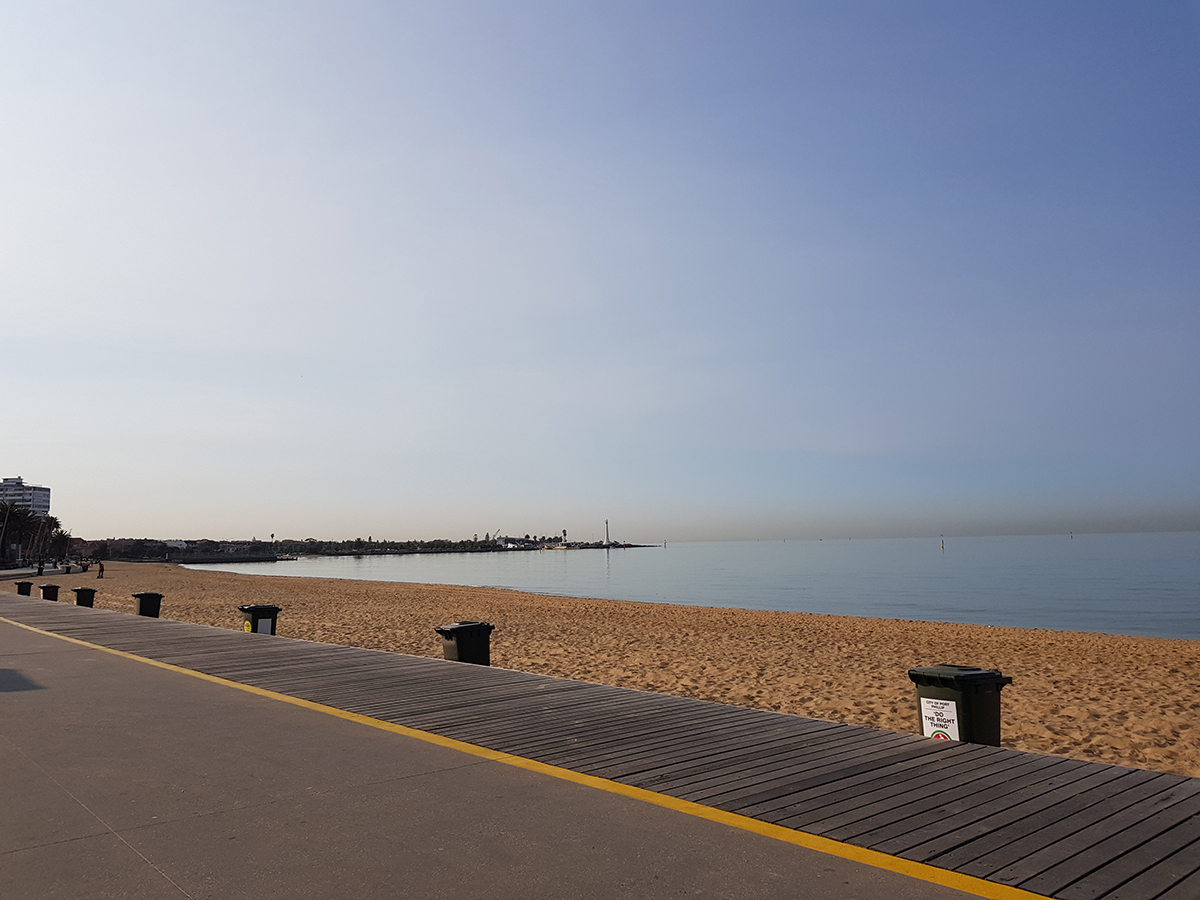
No new fossil fuels: New international report
THERE CAN BE no new coal, oil or gas projects if the global energy sector is to reach net zero emissions by 2050 and help avoid catastrophic climate change, the International Energy Agency (IEA) has shown in a new report.
IEA’s executive director Fatih Birol said Australia had an obligation to reach net zero emissions earlier than 2050, and should phase out coal-fired power stations by 2030.
“The fact that even the traditionally conservative IEA is calling for an immediate end to fossil fuel expansion is yet another nail in the coffin for fossil fuels, the biggest drivers of dangerous climate change,” said Simon Bradshaw, Head of Research, Climate Council.
“IEA’s report adds to a growing body of evidence that Australia’s gas-fired recovery is unnecessary and dangerous, as many energy, economic and scientific experts have repeatedly said,” Mr Bradshaw said.
“Projects under consideration right now, like the Narrabri and Scarborough gas projects, cannot go ahead,” he added.
“Instead of spending public money on gas, which will increase electricity prices and worsen climate change, Australia can and should be working towards net zero emissions by 2035, and capitalising on the benefits of leading the global transition to renewables,” said Mr Bradshaw.
IEA’s Net Zero by 2050: A Roadmap for the Global Energy Sector outlines how the transition to net zero can create 14 million new jobs by 2030, almost three times more than the jobs that will be lost as fossil fuels decline.
“As one of the sunniest and windiest countries on earth, Australia has everything we need to be a global renewable energy superpower and create good jobs in new clean energy industries,” said Mr Bradshaw.
“While states and territories are getting on with job-creating clean energy projects that reduce emissions and electricity bills, the Federal Government has its head in the sand,” he said.
“We need urgent emissions reductions this decade to curb dangerous climate change and acting fast has many benefits for Australia. By choosing to look the other way, the government is risking people’s lives and livelihoods,” said Mr Bradshaw.
The Climate Council recently set new science-based targets for Australia. We need to reduce our emissions by 75% by 2030 based on 2005 levels, and reach net zero emissions by 2035.





